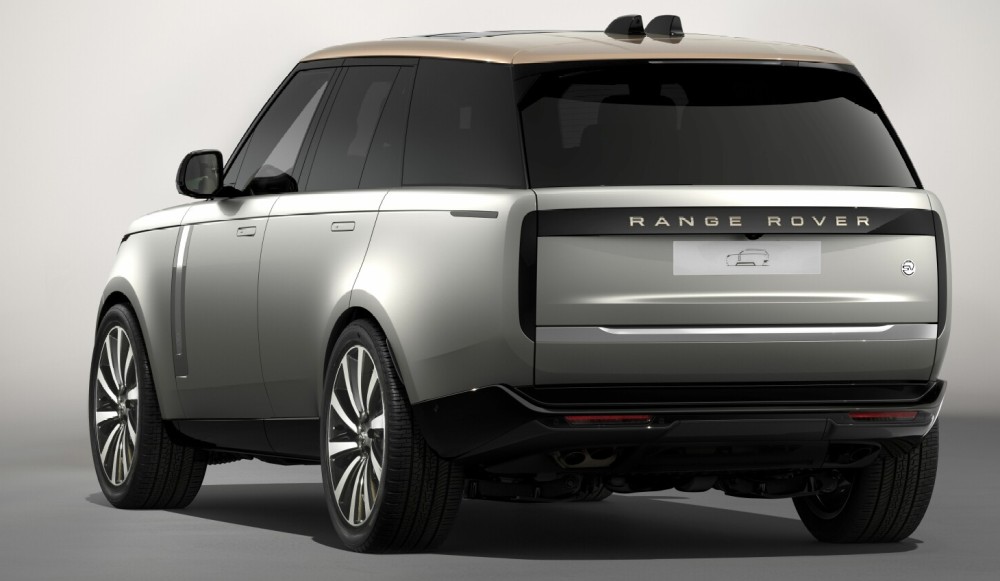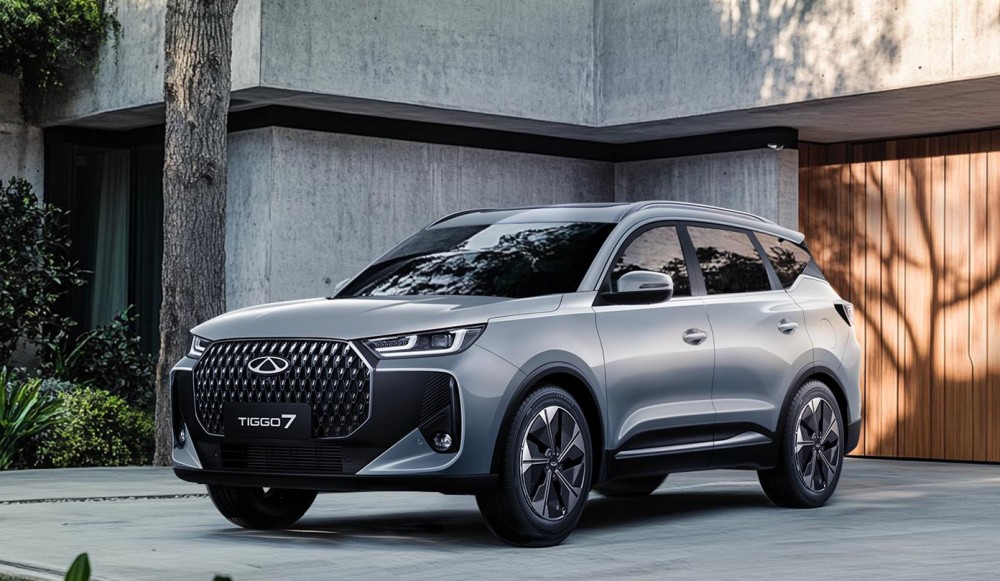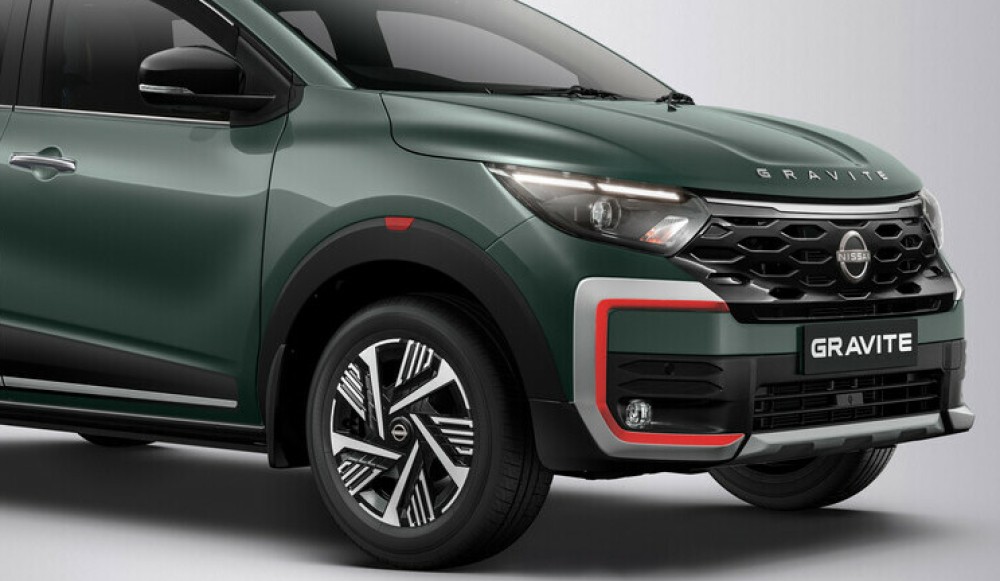
With the South African new-vehicle market under intense economic pressure, retail channels are preparing to face the storm.
The local motor industry is facing multiple difficulties at the moment, and OEMs are tightening their belts as inflation and a slowing market take their toll. Journalists notice this in shrinking press fleet sizes and less-elaborate launch events, dealerships feel it in decreasing turnover figures, and consumers watch helplessly as previously-affordable vehicles slowly slip out of reach.
Local new-vehicle sales figures have been sliding for a while now, with year-on-year contractions noted in most market segments over several consecutive months. This is compounded by an increasingly unfavourable foreign exchange rate pushing prices ever higher, and consistently high interest rates further increasing the consumer squeeze.
Commercial vehicles are still largely holding their ground, but the picture is considerably less rosy for passenger vehicles, where 15.9% fewer sales were logged in March 2024 than in March 2023.

Value is now a key consideration
This contracting market puts legacy motor retailers under immense pressure, because shoppers are increasingly flocking to lower-priced products sourced from India and China, instead of traditional favourites from Japan, Europe, and Korea. Buyers are drawn by value for money on the one side, and new challenger brands are constantly chipping away at the established players’ market share from the other end.
We’ve long posited that the Chinese SUV challengers pose a real risk to the established players, and this danger is becoming more apparent with every passing month. The Suzuki-Toyota joint venture offerings are selling up a storm in their respective market segments, while Chinese SUVs from Chery and GWM/Haval have both grown their market presence significantly over the past year. With the shrinking size of the vehicle sales pie taken into account, it’s only logical that these newcomers are busy taking business away from the establishment.
After years of relentless work on the part of long-standing importers to push into the mainstream and then press upmarket, hard-earned gains are now being undone across the board due to the perfect storm brewing around the local motor industry. The Koreans and French players are struggling to maintain volumes, and stalwarts such as Mazda and Honda have been losing ground for years already.

Motus: One of the biggest companies you’ve probably never heard of
Motus Holdings, formerly known as Imperial Holdings, is a major player in the new vehicle field, and represents a whopping 33 brands across the group. Motus is the sole importer of Kia, Hyundai, Mitsubishi and Renault vehicles and parts to South Africa, a portfolio which covers more than 20% of the local passenger vehicle market.
This position is now under direct attack from the low-cost newcomers, however, because they compete in the same segments where Motus markets the majority of its new vehicles. According to naamsa’s monthly new vehicle market statistics, Kia slipped out of the top 10 in the six months since September 2023, while Renault quietly shed about 50 units from its sales figures every month for the last 6 months due to these challengers.

That all adds up to a major threat to Motus’s bottom line, so action had to be taken to stem the bleeding. The first casualty is Motus’s vehicle sales aggregator “motus.cars”. With access to more than 10 000 vehicles from over 300 dealerships, motus.cars was created in 2020 to tailor the car-buying experience around the customer’s “lifestyle and life moments”.
This niche approach may have worked out in the pre-pandemic world when the plan was likely conceived, but changing local market conditions and an already over-saturated online car sales arena conspired to keep motus.cars flying under the radar. Now, despite some serious spending on radio ad campaigns and billboard advertisements, the parent company has finally pulled the plug on this unsuccessful venture.

Competing with oneself is a costly mistake
With the benefit of hindsight, it’s clear that the motus.cars service was doomed from the outset. It’s not easy to break the stranglehold of established online players with vast corporate resources and years of online automotive retail experience. Not even an estimated investment of R 80-million could help this newcomer survive, and now that the parent company is facing difficulties due to changes in the market, peripheral interests unfortunately need to be culled for the good of the larger herd.
While having 10 000+ cars on one site is impressive, its opponents provided between three and eight times as much variety. The need for another aggregator service within the Motus organisation is questionable, especially as the well-organised and pleasant Motus Select website already offers everything buyers could get from motus.cars.
Gauging current trends, consolidation and re-evaluation of business models will become the order of the day across the local industry soon. The market pressures have become intense enough for all OEMs to redirect their focus back to their core businesses, rather than expanding into well-known but hostile territory without bringing anything really unique to the table.
Martin Pretorius
- Proudly ALL THINGS MOTORING








